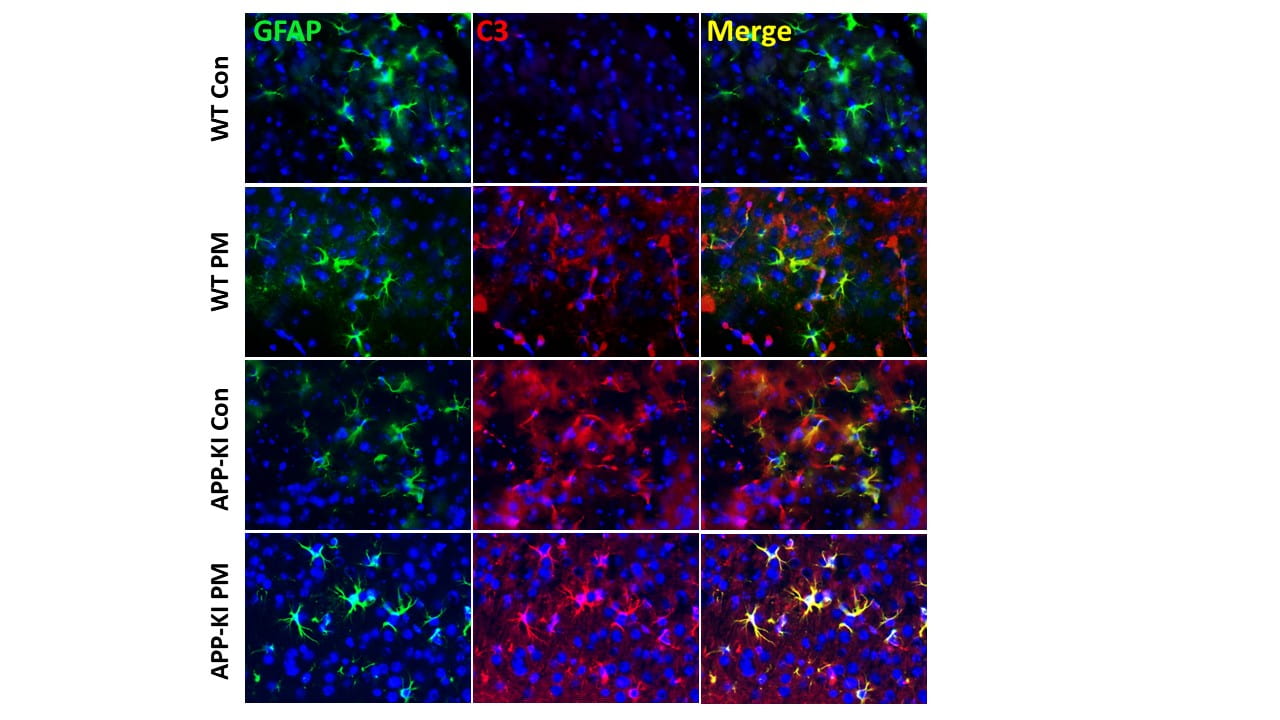UCI awarded $10.1 million grant to expand O.C. Young Adult Court study
Funding will provide more extensive wraparound services for program participants

Irvine, Calif., July 26, 2022 — The Orange County Health Care Agency has awarded the University of California, Irvine a $10.1 million Mental Health Services Act Innovation grant to expand the study of the Orange County Young Adult Court – pioneered, in part, by Elizabeth Cauffman, UCI professor of psychological science, education and law.
YAC is a collaborative court for first-time felony offenders between the ages of 18 and 25. Launched in Orange County as a pilot project in August 2018, it’s among only a few such courts in the country. It was created through the efforts of Cauffman; Orange County Superior Court Judge and UCI alumna Maria Hernandez; Cauffman’s former postdoctoral student Zachary Rowan, now assistant professor of criminology at Simon Fraser University in Canada; the Orange County Probation Department; the Orange County Public Defender and Defense Bar; the Orange County District Attorney’s Office; and the Orangewood Foundation.
One of the most consequential incentives for participating in YAC is the reduction of a felony charge to a misdemeanor or the complete dismissal of a felony charge. The program involves developing a “youth action plan,” which lays out the steps participants must complete, such as attending all court hearings; meeting with probation officers and case managers; getting drug and/or alcohol abuse treatment; and seeking mental health counseling along with employment and education advice and following through.
To date, YAC has graduated 17 young men, who have had their felonies removed from their records. Cauffman and her research team have been following their progress. The latest grant will extend the amount of time they can continue to track those who complete the program. The funding will also expand the program to include up to 300 first-time felony offenders, with half randomly assigned to participate in YAC and half randomly assigned to a control group.
“My mantra is ‘science to the streets,’” Cauffman said, explaining that “if we want to see change in the criminal justice system, we need to use science to guide that.”
She added that the Mental Health Services Act Innovation grant and a $299,538 grant awarded to UCI this month from the Orange County Community Corrections Partnership – and approved by the Board of Supervisors – to support YAC will help the university fulfill this goal and build bridges with policymakers and practitioners in the community.
“Through MHSA, the Orange County Health Care Agency is able to support important, innovative projects like YAC,” said Veronica Kelley, HCA’s mental health and recovery services chief. “This collaborative project helps our agencies leverage resources while informing treatment and best practices for behavioral healthcare, leading to improved outcomes in community health and wellness.”
The primary objective is to address and prevent criminal behavior in the future, Cauffman and Hernandez agree.
“Young Adult Court implements the policies that make a difference,” said the judge, adding that it aims to break the cycle of recidivism. “We will find out if we do reduce recidivism rates with this program, but we’re going to capture a lot more than that, such as whether participants find stable housing and jobs and whether their mental health improves and substance abuse issues decline.”
Early data indicates that one of the biggest barriers to finding and keeping a job is access to transportation. The new funding will provide program participants with such wraparound services as public transportation and car service vouchers, housing assistance, grocery vouchers and mental health counseling, which is a new and crucial intervention. Students from UCI’s clinical psychology Ph.D. program will serve as counselors.
“This is exactly what social justice is about,” Cauffman said. “We need to hold people accountable but in developmentally appropriate ways. This is our opportunity to see if YAC can make that difference.”
The detrimental effects of imposing harsh sanctions on young adult offenders include disrupting their potential for building human and social capital, which can generate substantial inequalities among young adults exposed to the criminal justice system, she said.
“The damage associated with official sanctioning and collateral consequences for 18- to 25-year-olds is particularly startling when we consider the fact that these individuals have a significant portion of their lives still ahead of them,” Cauffman explained. “This is important not only for the youth but for our community as a whole. If we want these youth to be productive members of our society, we cannot saddle them with a label that limits their opportunities. If you want your community safe, if you want good outcomes, you need to invest now to make a change in the future.”
YAC has been supported by a number of grants and gifts since it launched four years ago, including $200,000 from philanthropist Gary Fudge and $780,000 from the National Institute of Justice.
About UCI’s Brilliant Future campaign: Publicly launched on Oct. 4, 2019, the Brilliant Future campaign aims to raise awareness and support for UCI. By engaging 75,000 alumni and garnering $2 billion in philanthropic investment, UCI seeks to reach new heights of excellence in student success, health and wellness, research and more. The School of Social Ecology plays a vital role in the success of the campaign. Learn more at https://brilliantfuture.uci.edu/uci-school-of-social-ecology.
About the University of California, Irvine: Founded in 1965, UCI is the youngest member of the prestigious Association of American Universities and is ranked among the nation’s top 10 public universities by U.S. News & World Report. The campus has produced five Nobel laureates and is known for its academic achievement, premier research, innovation and anteater mascot. Led by Chancellor Howard Gillman, UCI has more than 36,000 students and offers 224 degree programs. It’s located in one of the world’s safest and most economically vibrant communities and is Orange County’s second-largest employer, contributing $7 billion annually to the local economy and $8 billion statewide. For more on UCI, visit www.uci.edu.
Media access: Radio programs/stations may, for a fee, use an on-campus ISDN line to interview UCI faculty and experts, subject to availability and university approval. For more UCI news, visit news.uci.edu. Additional resources for journalists may be found at communications.uci.edu/for-journalists.


